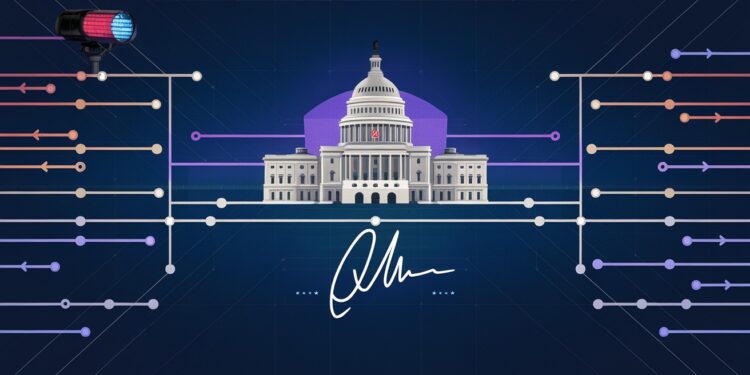In a startling turn of events, Matthew Huttle, one of the January 6 Capitol rioters controversially pardoned by former President Donald Trump, was shot and killed by police during a traffic stop in Indiana on Sunday. The 42-year-old’s death has reignited heated debates about accountability, justice, and the far-reaching consequences of the Capitol insurrection.
Huttle, who had been sentenced to six months in prison after pleading guilty to his role in the riot, was among the 1,500 individuals granted clemency by Trump on the first day of his second term. The mass pardon, which Trump dubbed “unconditional,” sparked outrage from lawmakers, law enforcement, and the public alike.
Insurrection’s Long Shadow
The January 6, 2021 attack on the U.S. Capitol left an indelible mark on American history, with hundreds of rioters storming the building in an attempt to disrupt the certification of Joe Biden’s electoral victory. In the aftermath, a massive federal investigation led to charges against more than 1,000 individuals, with many facing significant prison sentences.
Huttle’s case gained particular attention due to the actions of his uncle, Dale Huttle, who was sentenced to 30 months for assaulting a police officer with a flagpole during the riot. The younger Huttle, by comparison, spent approximately 10 minutes inside the Capitol and accepted a plea deal resulting in a six-month sentence.
Pardon Power and Its Discontents
Trump’s sweeping pardons for January 6 participants ignited a firestorm of criticism, with detractors arguing that the move undermined the rule of law and sent a dangerous message about the consequences of political violence. Supporters, meanwhile, claimed that the punishments were disproportionate and politically motivated.
The mass pardon of January 6 rioters is a stain on our nation’s commitment to equal justice under the law.
Rep. Liz Cheney (R-WY)
The controversy surrounding the pardons intensified in recent days when another recipient, Florida resident Daniel Ball, was rearrested on federal firearms charges stemming from his pre-riot activities. Critics argue that the cases of Huttle and Ball demonstrate the risks of granting clemency to individuals involved in political violence.
Tragedy and Its Implications
Details of the incident that led to Huttle’s death remain scarce, with the Indiana State Police claiming that he was shot after resisting arrest and engaging in an altercation with a sheriff’s deputy. The officer involved has been placed on administrative leave pending an investigation.
As news of Huttle’s killing spread, reactions ranged from shock and grief to grim prognostications about the potential for further violence. Capitol police officers and experts in political extremism have cautioned that Trump’s pardons could embolden future acts of insurrection and undermine efforts to hold perpetrators accountable.
The President’s actions have sent a clear message to those who would threaten our democracy: there are no consequences for your actions.
Officer Harry Dunn, U.S. Capitol Police
A Nation Grapples with the Fallout
As the nation confronts yet another tragic chapter in the ongoing saga of the January 6 insurrection, difficult questions linger about the long-term impact of Trump’s pardons and the specter of future violence. With political divisions deepening and mistrust in institutions at an all-time high, the path forward remains uncertain.
For now, communities are left to grapple with the immediate aftermath of Huttle’s death and the renewed scrutiny it has brought to the events of that fateful day in January 2021. As investigations unfold and the debate over accountability rages on, one thing remains clear: the wounds inflicted by the Capitol riot are far from healed, and the search for justice continues.








